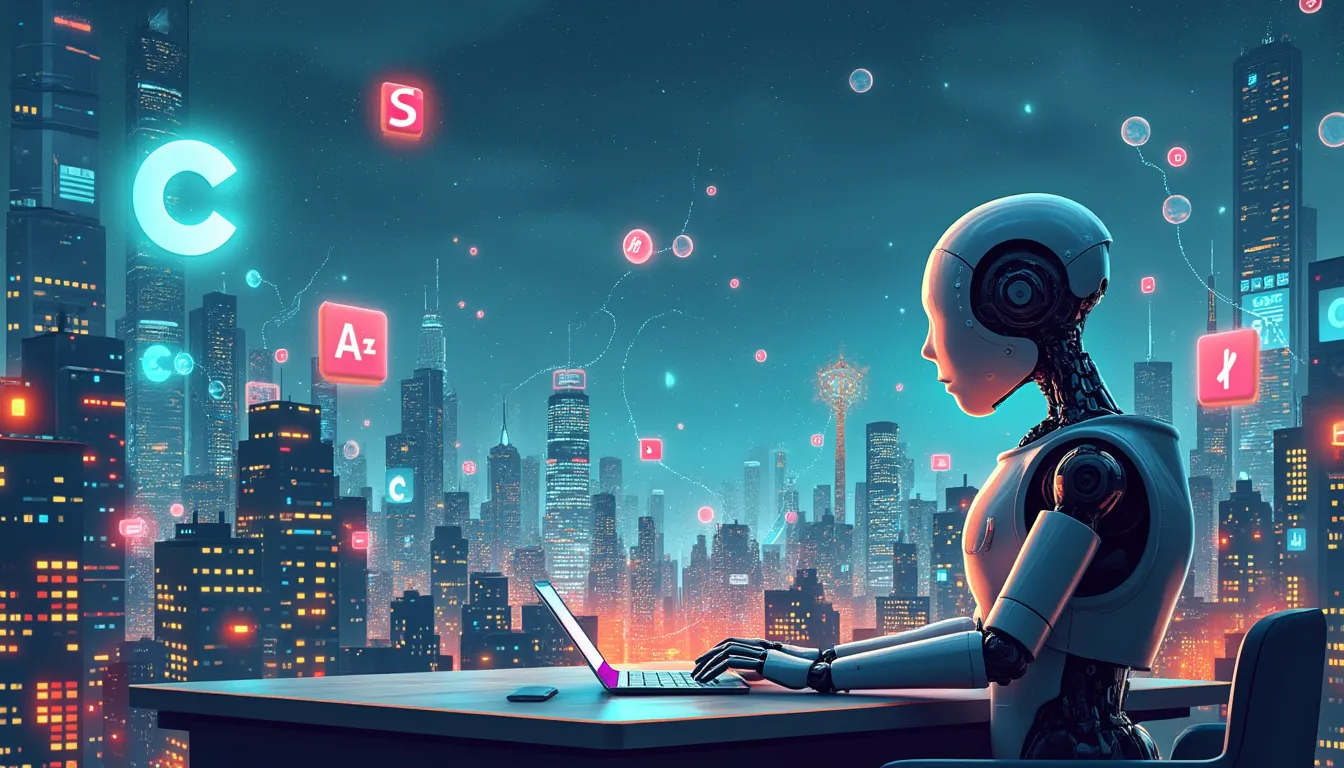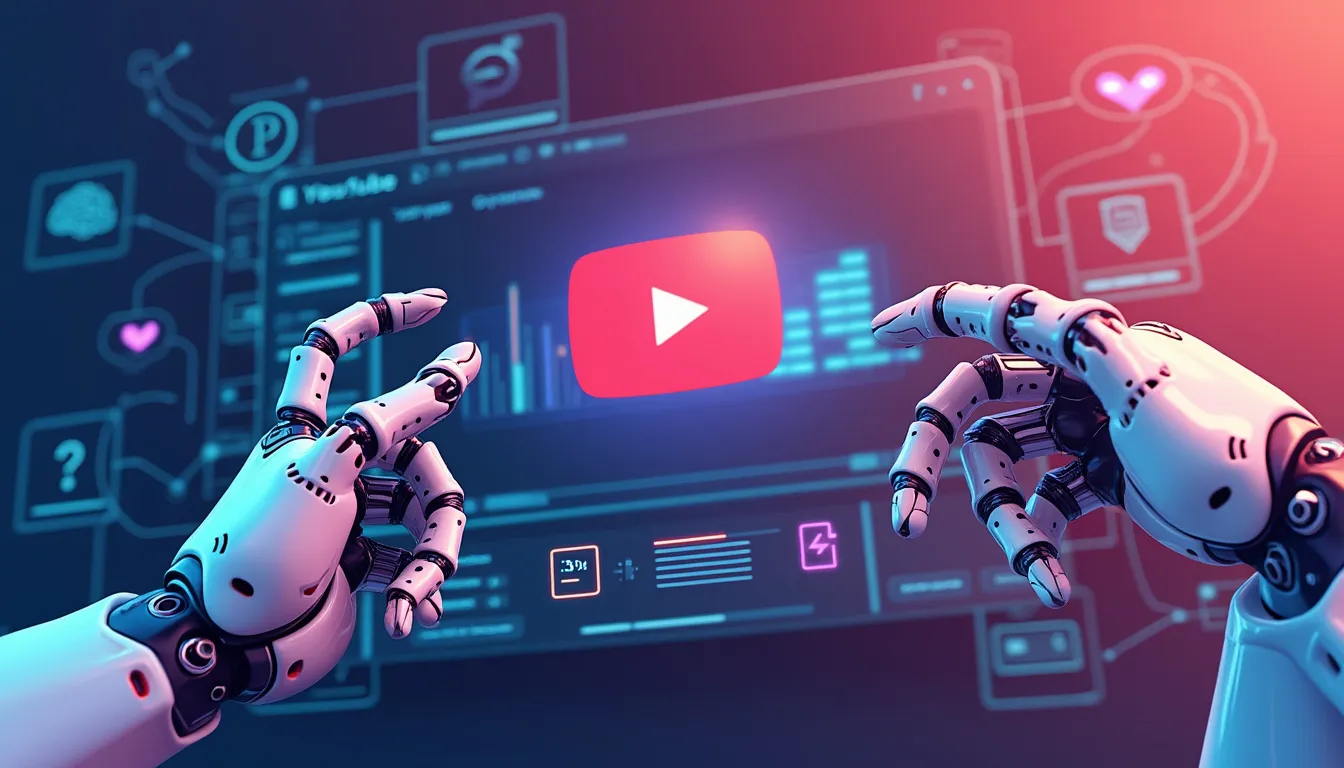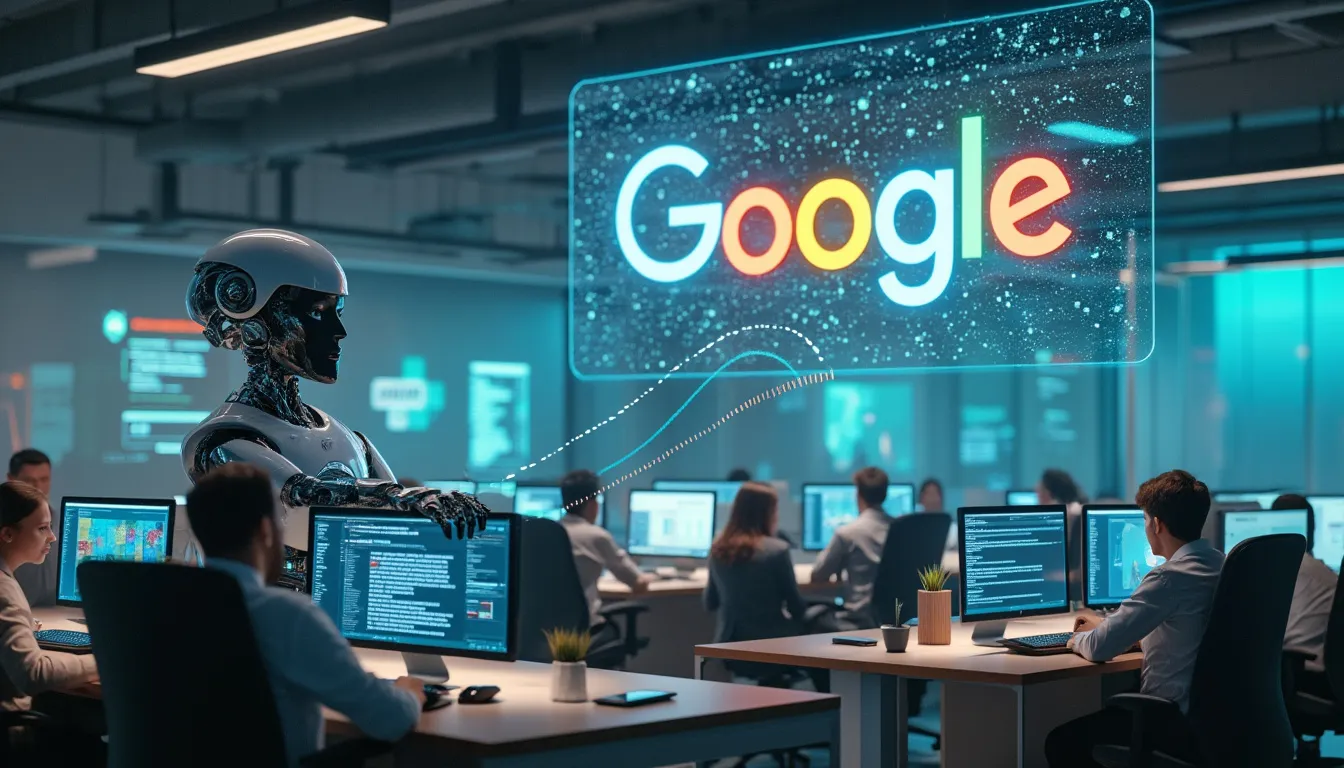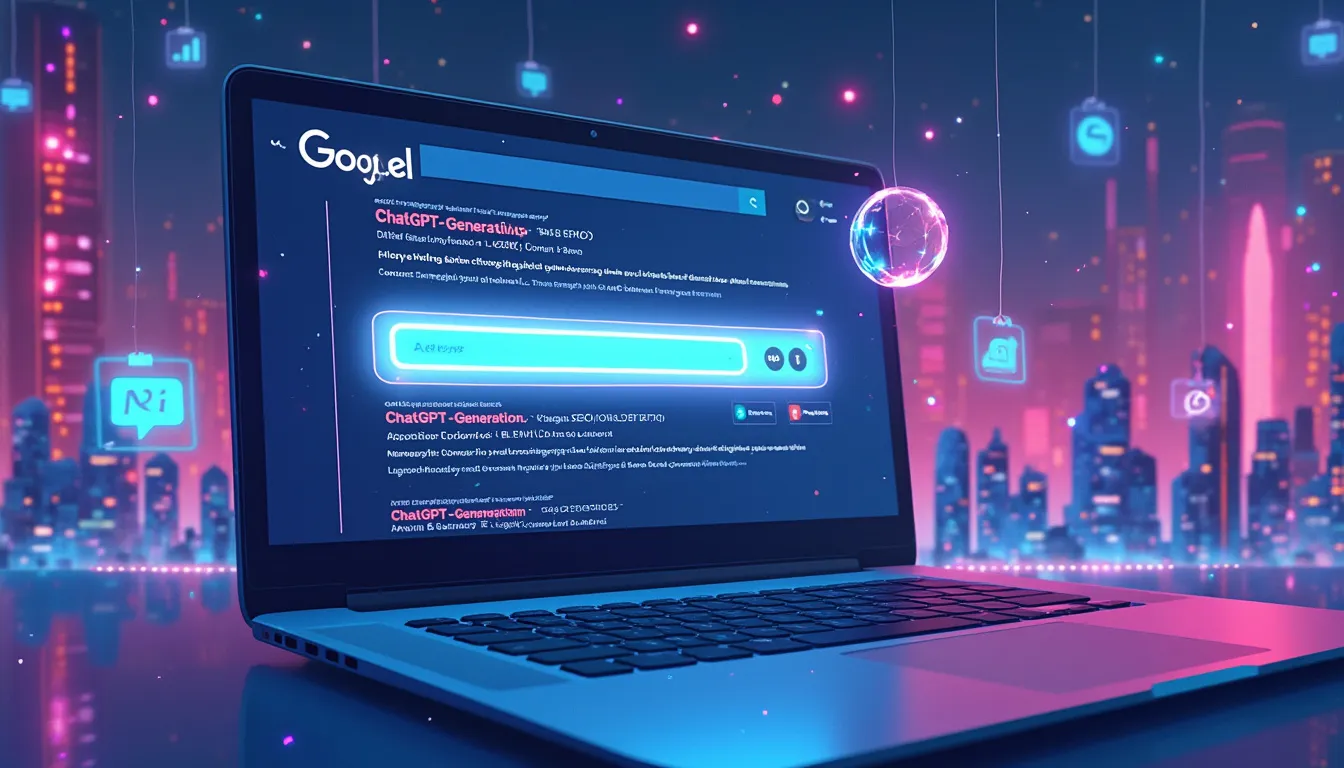Is AI-Generated Content Harmful to SEO?
With the rapid advancements in artificial intelligence, many industries are seeing significant transformations, and content creation is no exception. But the burning question for SEOs and marketers alike is: is AI content bad for SEO? To answer this, let’s delve into the potential impacts of AI-generated content on search engine optimization practices.
Understanding AI-Generated Content
AI-generated content refers to text that is produced by algorithms and language models, such as GPT (Generative Pre-trained Transformer). These intelligent programs are designed to mimic human writing styles and generate vast quantities of content with minimal human intervention.
The Potential Downsides of AI-Generated Content
While AI-generated content can be incredibly efficient and cost-effective, it’s not without its potential pitfalls when it comes to SEO:
- Lack of Quality: AI might produce content that lacks depth, insight, and relevance, which can negatively impact user engagement and retention.
- Duplicate Content Issues: AI can unintentionally create content that is too similar to existing web pages, leading to potential duplicate content penalties from search engines like Google.
- Limited Authenticity: SEO thrives on originality and uniqueness. AI might produce content that lacks the authentic voice needed to resonate with human readers.
AI and the SEO Guidelines
Google and other major search engines have specific guidelines that emphasize the importance of high-quality, valuable content (the classic mantra: Content is king). If AI-generated materials don’t align well with these guidelines, they can negatively affect your website’s search ranking.
When AI-Generated Content Can Be Beneficial
It’s not all doom and gloom, though. AI-generated content holds some potential benefits when used judiciously in SEO strategies:
- Content Scaling: AI can help rapidly produce large volumes of content for sprawling websites or e-commerce platforms with hundreds of products.
- Idea Generation: AI is excellent at churning out creative ideas and first drafts, which can spark human creativity and streamline content creation processes.
- Time Efficiency: When used for basic tasks, like crafting meta descriptions or product summaries, AI can free up human writers for more complex projects.
Best Practices for Using AI in SEO
To mitigate the potential harm AI-generated content might have on SEO, follow these best practices:
- Human Oversee: Ensure human editors review and refine AI-generated content to maintain quality and relevance.
- Focus on Value: Aim for content that provides genuine value and insights to your readers, not just keyword-stuffed fluff.
- Regular Audits: Conduct regular content audits to ensure your content remains current and aligns with SEO strategies and guidelines.
Conclusion
The debate on is AI content bad for SEO doesn’t lend itself to a simple yes or no answer. Like any tool, AI’s impact depends largely on how it is used. While it can streamline and enhance various facets of content production, it still requires careful oversight and strategic thinking from SEO professionals. At the end of the day, striking the right balance between AI efficiency and human creativity will likely determine the success of SEO efforts in the AI era.
Get in touch with us to start leveraging AI SEO for your business



